In early December 2024, BIMB Securities conducted an in-depth analysis of Sabah’s economic prospects, culminating in two key reports emphasising the state’s equity and growth potential.
Muhammad Zafri Zulkeffeli, BIMB Securities deputy chief economist, shared insights into the research’s objectives and key findings, which focused on evaluating Sabah’s economic progress amid rising state revenues, increased local and foreign investments, and substantial allocations in Budgets 2024 and 2025.
Sabah prospers with return of rights under MA63
The Malaysia Agreement 1963 (MA63) was a landmark treaty that established the formation of Malaysia, uniting Malaya, Sabah, Sarawak, and Singapore (which exited in 1965). It outlined specific terms for Sabah and Sarawak to join the federation, granting them autonomy over religion, language, immigration, and land matters to safeguard their unique rights and ensure balanced development within the nation.
Over the past six decades, Sabah and Sarawak have actively fought to uphold their rights under MA63 through persistent legal, political, and diplomatic efforts. These struggles have resulted in significant milestones, including constitutional amendments that restored their status as equal partners in the federation and commitments from the federal government to honour more provisions of MA63. Much of these achievements have occurred under the Gabungan Rakyat Sabah-led government, which has been administering the state since 2020.
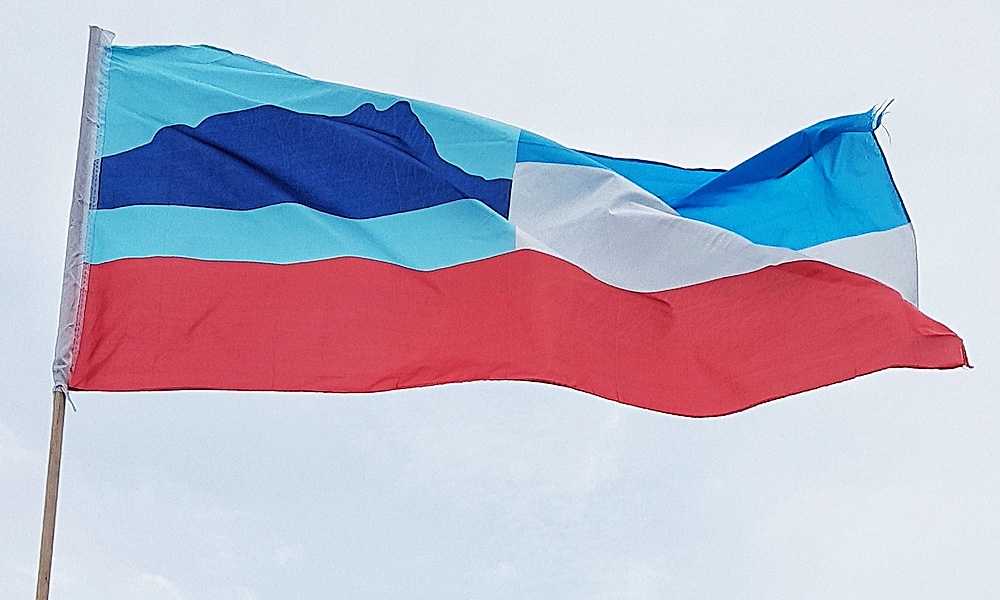
With MA63 now recognised as a game-changer, Sabah is well-positioned to emerge as a key driver of national economic growth, said Zafri. Under the leadership of Chief Minister Hajiji Noor, enhanced collaboration with the federal government in areas such as infrastructure development, education, and business reforms is fostering progress, creating employment opportunities, and attracting investments to the region.
Perseverance pays off
Over the last four years, the Hajiji administration actively sought increased funding from Putrajaya through several initiatives. Since mid-2022, the state has formally demanded its 40 percent revenue entitlement as stipulated under Article 112C and Part IV of the 10th Schedule of the Federal Constitution.
In addition, the GRS government continuously engaged in discussions with the federal government to review and increase the special grant rate for Sabah. As a result, in 2022, a new rate of RM125.6 million was agreed upon, replacing the previous RM26.7 million rate. This amount was then increased to RM300 million under Budget 2024. In the following year, Prime Minister Anwar Ibrahim further raised fund allocations for Sabah to 6.7 billion under Budget 2025, recognising the state’s rightful position in the federation.
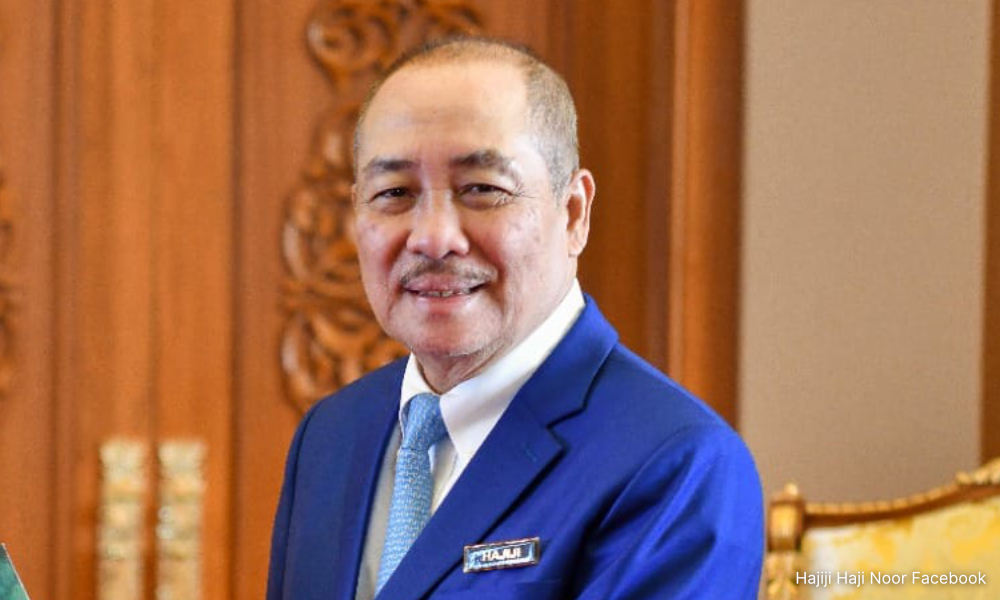
Putrajaya has demonstrated that it is serious about its commitment to honouring the provisions of MA63 to uplift Sabah and her people. Anwar in December 2022 announced that regulatory power over Sabah’s gas supply should be transferred from Putrajaya through Petronas to the state government to enable the state to manage and develop its energy resources independently. This saw the setting up of the Energy Commission of Sabah (ECoS) in the same month.
Solutions to long-standing infrastructure challenges
While Sabah still faces challenges in infrastructure development, particularly in electricity, water supply, and road networks, the GRS government has drawn up ambitious plans and invested heavily in resources to fast-track project implementation across the state.
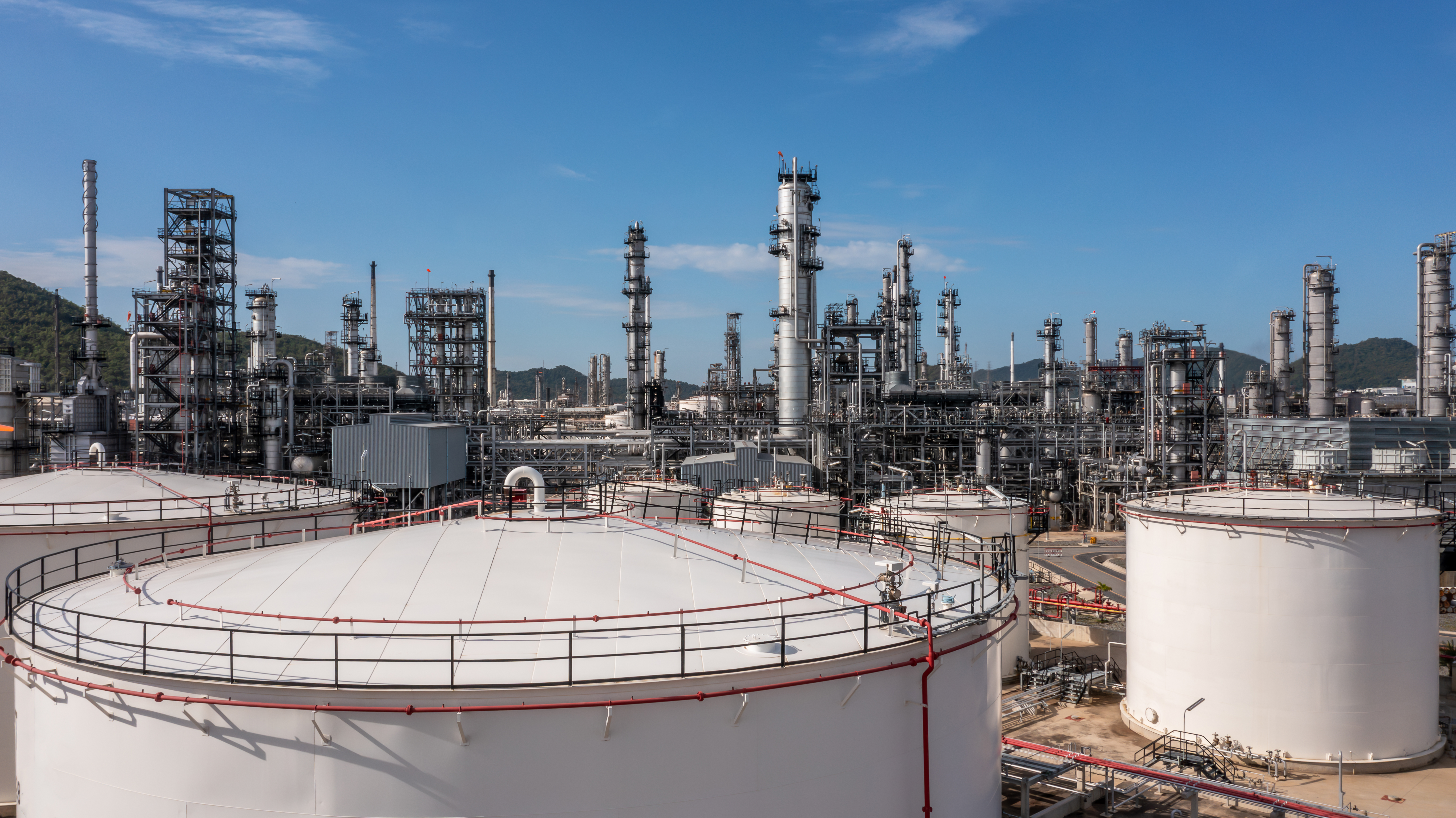
“Investors want to come in to set up their factories in Sabah. They need electricity, which we don’t have enough of for now. We have to act fast because demand from foreign investors is certainly high,” emphasised Hajiji.
“ECoS and I are doing our best to implement solutions. If not, how would we develop our industry sector?” he added.
According to Zafri, although the electricity supply in Sabah stands at 1,487MW at the moment, several energy projects are expected to raise the reserve margin to a comfortable 22 percent by mid-2025.
These include:
Tenompangi hydro electric project (to generate 66MW)
Battery energy storage project in Lahad Datu (100MW)
Gas energy project in Kimanis(100MW)
“The problem with energy supply is due to high demand from rapid industrial growth and less about generation. As the largest energy company in Sabah, it falls to SEC to establish the power plants to fulfil demand,” Adzmir Abd Rahman, CEO of Sabah Energy Corporation (SEC) opined.
Sabah’s energy infrastructure enhancement is attracting foreign investors, boosting local industries and creating job opportunities, paving the way for economic empowerment, even in rural areas.
Full electrification by 2030
ECoS in 2023 unveiled the Sabah Energy Roadmap & Master Plan 2040 (SE-RAMP 2040), outlining a vision for 100 percent clean electrification by 2040 and full rural electrification by 2030. A key component of this initiative is the Sabah Renewable Energy Rural Electrification Roadmap (SabahRE2), which focuses on achieving universal energy access through renewable mini-grids.
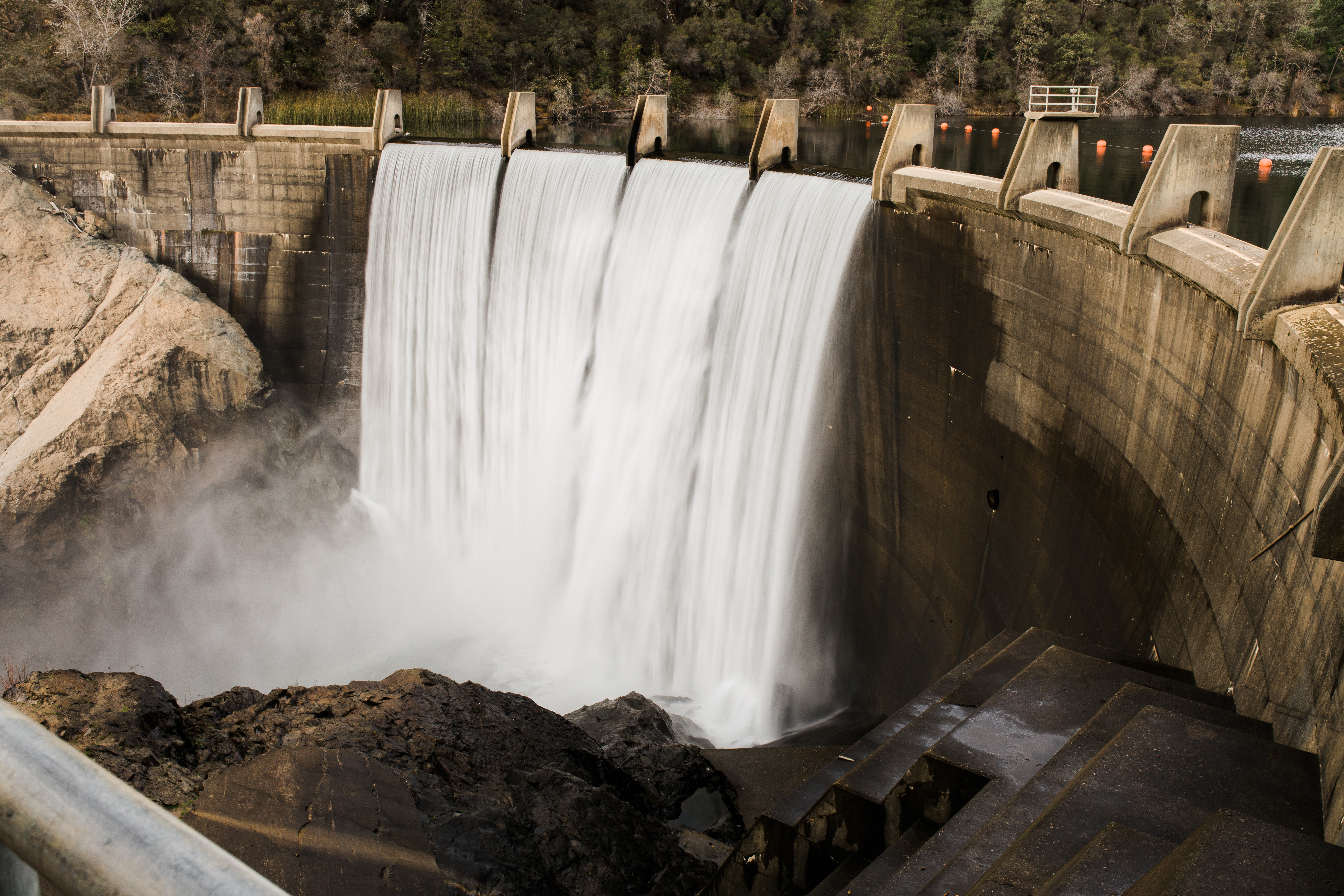
As part of SabahRE2, a survey of 206 unelectrified communities revealed that 56 percent of villages have active businesses, 30 percent have clinics, and nine percent have schools. These findings underscore the communities’ need for reliable, high-quality energy to support economic activities and improve essential services, such as healthcare and education. Chief Minister Hajiji’s government is ensuring access to sustainable energy that is vital for advancing the well-being and productivity of rural areas.
Pioneering blue economy, OTEC and beyond
Sabah is positioning itself as a leader in responsible blue economy development by addressing diverse sectors, including fisheries, renewable energy, maritime transport, and biotechnology while emphasising sustainability and environmental conservation.
Among the other potential renewable energy sources under consideration is Ocean Thermal Energy Conversion (OTEC). This innovative technology harnesses the temperature difference between warm surface seawater and cold deep ocean water to generate energy and harvest fresh water for drinking and agriculture - with low environmental impact.
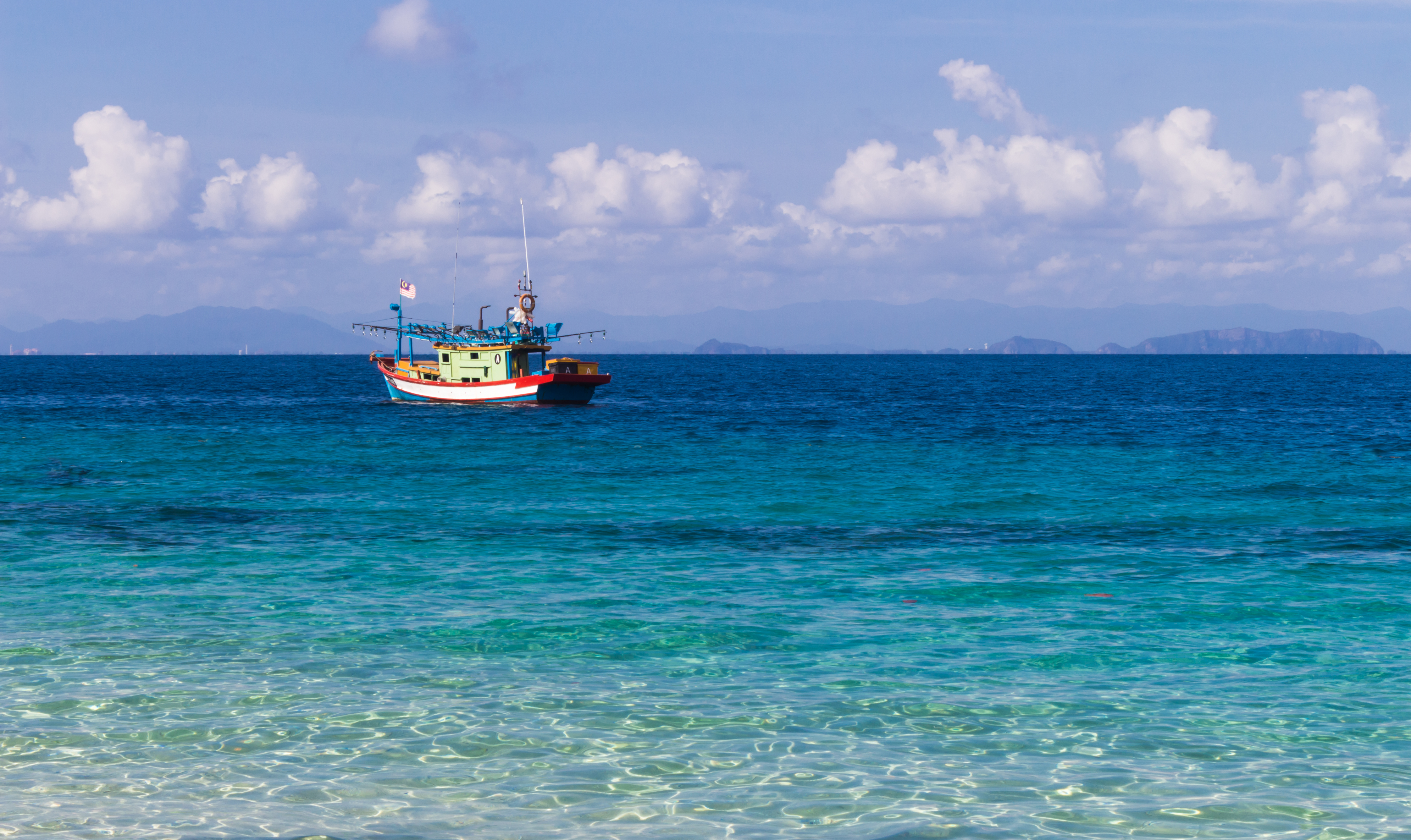
“Sabah has a coastline of over 1,700km, representing 37 percent of Malaysia’s coastline. As such, the state holds immense green energy generation potential through OTEC,” explained Hajiji.
According to a UTM Ocean Thermal Energy Centre, Malaysia study, OTEC can produce 5,000MW of green energy off the coasts of Tawau and Semporna in East Sabah and 15,000MW off the west coast of Sabah.
“By 2030, Sabah plans to phase out all diesel-based electricity generation, aiming for 80 percent renewable energy by 2040,” BIMB Securities’ Zafir added. In addition to solar and hydro, the state is also exploring biomass energy, particularly by converting palm oil by-products into fuel.
Although OTEC remains expensive and less efficient for the time being compared to other renewable sources, it represents a long-term opportunity for sustainable energy development in the region.
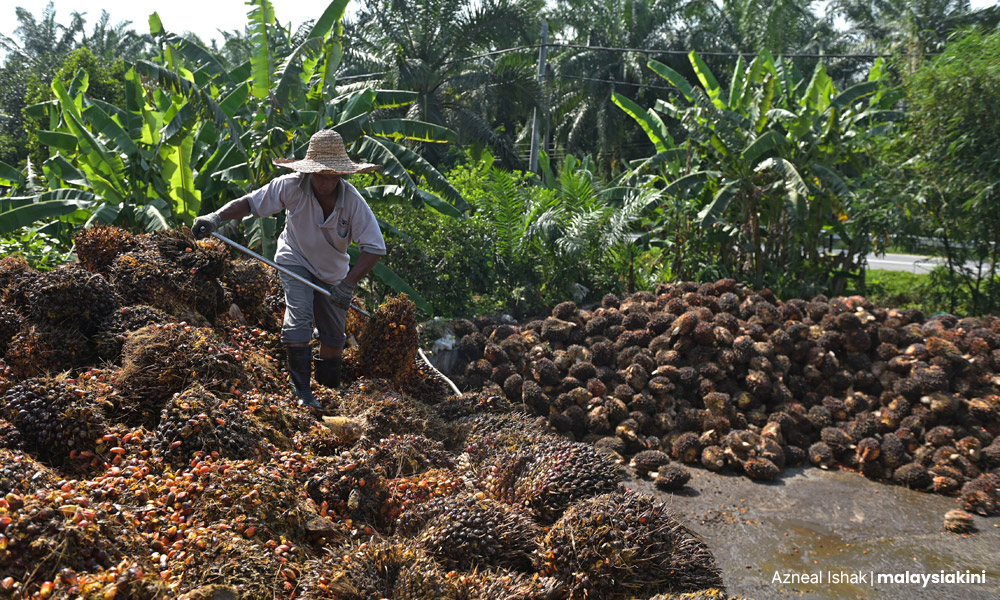
Onwards and upwards
Sabah’s economic potential is undeniable, with significant improvements by the state government in infrastructure and energy.
“With regard to oil and gas, Sabah has tremendous potential. The government under Chief Minister Hajiji Noor’s leadership recognises the potential of oil and gas in Sabah and is driving the development of the industry,” shared Harun Ismail, Managing Director/CEO, Sabah Oil & Gas Development Corporation (SOGDC).
With its rich resources and strategic location, Sabah has a unique chance to emerge as a key driver of Malaysia’s inclusive development that will ultimately uplift the day-to-day quality of life and socioeconomic standing of the local folk.
Thanks to this, today Sabahans can look forward to brighter and more promising days ahead, with better access to quality services, higher-paying jobs, and a robust economy within their reach.

